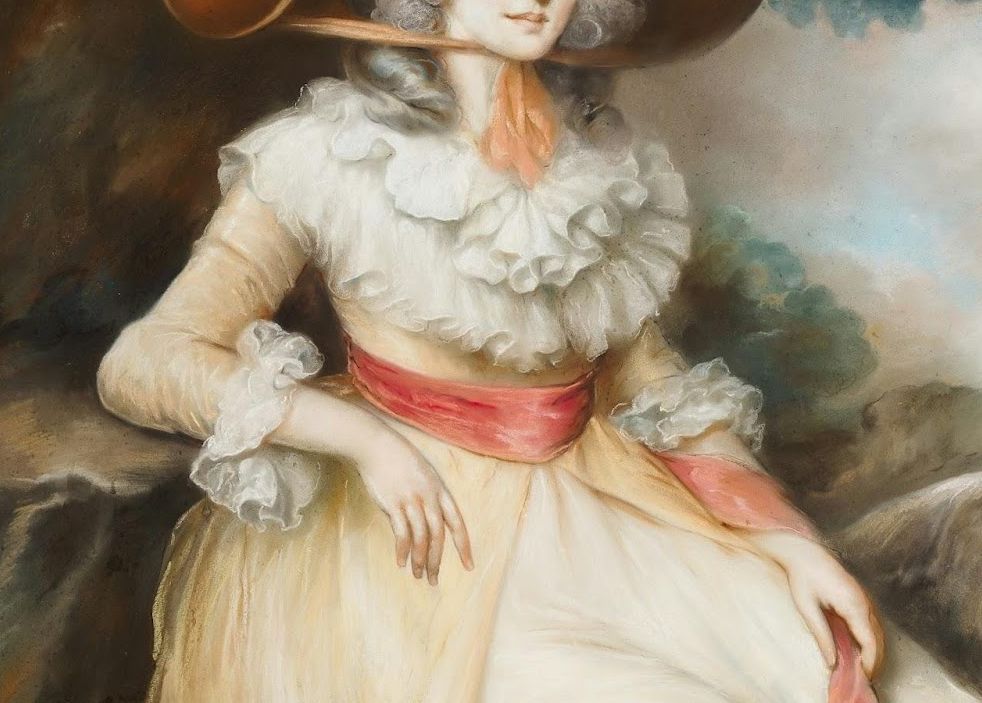Do you trust your mechanic?
Think twice before paying for those new tires: 12 car scams revealed
Published on May 23, 2025
 Credit: Chad Kirchoff
Credit: Chad Kirchoff
In our modern world, where specialization is the norm and nobody is required to know about everything, we enlist the services of different people for all of the things that we don’t know how to do ourselves. Unless you are a mechanic or know quite a bit about the subject, fixing your vehicle is a task you delegate to more competent hands. As with everything in life, most of the mechanics out there are decent folks. But there’s always a rotten apple looking to scam innocent customers with fake repairs. Take a look at the following 12 possible examples. Have you witnessed any of these?
Your vehicle’s age determines when you change your oil
 Credit: Tim Mossholder
Credit: Tim Mossholder
Many mechanics say that a car needs to have its oil changed every 3,000 miles. While this is true for some vehicles, most modern ones can often go much longer — up to around 7,500 miles — without an oil change. What matters is what the manufacturer recommends and what the dipstick color indicates.
Your mechanic aligned all four wheels
 Credit: Anastase Maragos
Credit: Anastase Maragos
While most modern cars certainly call for a four-wheel alignment, some mechanics will try to charge you for all four wheels even when they only do two of them. If, for example, the rear wheels haven’t been adjusted, this isn’t true.
Fuel system service
 Credit: Laurel and Michael Evans
Credit: Laurel and Michael Evans
A fuel system service might be required sometimes. But it often happens that a mechanic will charge a customer somewhere between $249 to $449 for adding some fuel injector cleaner to the fuel tank, which can be accomplished by going to any store and buying a bottle for $10.
New tires
 Credit: Robert Laursoo
Credit: Robert Laursoo
Many mechanics will try to get their customers to buy new tires, even if the old ones are just fine. Tires below 5mm of tread don’t necessarily need to be replaced right away, since the tread is there to remove water. Hence, if the driver is careful enough and drives slower in the rain, he or she can get many more miles out of the tire.
New brakes
 Credit: Vlad Grebenyev
Credit: Vlad Grebenyev
It goes without saying, that having reliable brakes is essential to ensuring a safe ride. But if a customer is being told that he or she needs them the moment they’re below 3mm, that purchase can be delayed for a little while longer, provided that the car is driven with care.
Transmission fluid flush
 Credit: Patrick
Credit: Patrick
A transmission fluid flush can be necessary at times, but it might not be as often as the mechanic claims. The customer should find out why the mechanic is suggesting it before actually doing it. A fluid and oil filter change might be enough.
Power steering fluid flush
 Credit: Garett Mizunaka
Credit: Garett Mizunaka
Since we are on the subject of flushing, if a mechanic tells you it’s time to flush your power steering fluid, consider getting a second opinion. Some mechanics say that the smell or color of the power steering fluid is how they’re able to tell it needs to be replaced, but commonly, it only needs to be flushed once or twice during the lifetime of the car.
Synthetic oil
 Credit: Glenn Hansen
Credit: Glenn Hansen
Yes, there are some advantages to using synthetic oil, but not every car calls for it. This can be checked in the owner’s manual. However, some mechanics might try to sell a customer on synthetic oil, simply because it is typically more expensive.
Coolant replacement
 Credit: Kenny Eliason
Credit: Kenny Eliason
If a vehicle is relatively new or it has recently had its coolant flushed, chances are there is no need to have it replaced again. Coolant doesn’t wear like oil does and only needs to be replaced maybe once or twice during the car’s lifetime.
Warranty coverage
 Credit: Tekton
Credit: Tekton
Some mechanics will prefer to get their money faster, from the customer, instead of getting it from the insurer, and to achieve this, they will say that a certain repair is not covered by the warranty when it is. The standard warranty covers both labor and parts, so make sure to check this with the insurer.
Air filter
 Credit: Tim Mossholder
Credit: Tim Mossholder
It has been reported that some unscrupulous mechanics keep dirty air filters on hand to pass off to customers to get them to pay for a new one.
To prevent falling for this type of scam, customers should know the filter on their car and find out how often it needs to be replaced.
An unsafe car to drive
 Credit: Angry._.Kat
Credit: Angry._.Kat
This statement is sometimes uttered by mechanics looking to scare a customer, to make him or her pay for unneeded repairs. The truth is, these kinds of remarks should be taken with a grain of salt and a second opinion is advisable.













